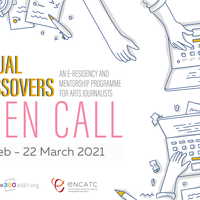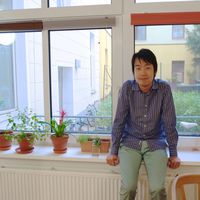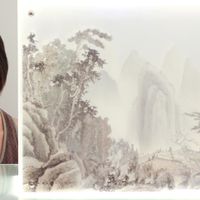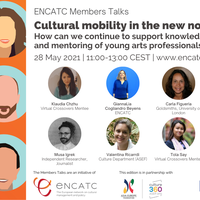Virtual Crossovers: Meet our mentor | A conversation with Carla Figueira

Dr Carla Figueira was one of the mentors of Virtual Crossovers, an e-residency for arts journalists organised last month by culture360 in partnership with ENCACT. In this interview she talks about herself, her professional journey in the arts and why virtual exchanges are so vital in time of pandemic.

Tell us a bit more about yourself.
I am originally from Lisbon, Portugal. There I studied International Relations, specialising in Political and Cultural Relations. I started my career working for the Department of Culture of the Municipality of Lisbon in the beautiful Palácio Galveias, there I advised the Director and worked on funding of arts and cultural projects. As I developed my career, I eventually became responsible for operational and strategic management, and my last post at the City of Lisbon was Co-ordinator of the Fonoteca Municipal, the Municipal Sound Library. In what concerns, my ‘second’ professional career as an academic in London, I often joke that I am a product of cultural diplomacy (which I now teach). I was awarded by the FCO a Chevening Scholarship to study arts management in London and that led to a change of career and residence, as well as starting a bilingual and bicultural family.
You started as an arts practitioner and moved into academia. How was the change from working as an arts practitioner to being an academic? Please share any fun anecdotes that you may have experienced!
As an arts practitioner I was very lucky to work in partnership with universities in Portugal to develop projects for the cultural facilities of the Municipality of Lisbon. I worked with video and sound engineers, musicologists, so I was never too far from academia. Additionally, I always felt the need to reflect on what I was doing, trying to understanding the reasons for the practice and improving it.
As an academic I also try to engage with practice, for example in 2018 I hosted an exhibition at Goldsmiths curated by Biung Ismahasan, one of my former students, who is an artist and researcher from the Bunun Indigenous Nation, Taiwan. So, for me, the world of practice and academia are closely entwined.
Instead of a fun anecdote, I have a story to share that has given me many fun moments: in 2017, I developed a research interest in the Eurovision Song Contest and since then I am back working with a partner university and some colleagues that I used to work with when I was an arts manager in Lisbon: the Ethnomusicology Institute at Universidade Nova de Lisboa. Check out our Eurovisions project!
In your experience, how has the role of culture changed in the context of international relations in the last 10 years? Has it impacted your practice or profession?
There has been a mainstreaming of the importance of culture in the context of international relations. Many countries are developing explicit public and cultural diplomacy policies and strategies. Organisations like the European Union commissioned research (in which I participated) and developed strategic approaches for the use of culture in their external relations. Further, the continued rise in importance of non-state actors in international cultural relations has been very exciting, especially the recognition of the fundamental role of cities – in particular for me who started my professional career working for a city government where I was also involved in cultural exchanges. These changes are continually opening up new opportunities for practice and research, which I am always keen to engage with.
With the Covid-19 pandemic last year, training opportunities and cultural exchanges for young arts professionals have been dramatically reduced. The virtual residency programme Virtual Crossovers organised this year by ASEF and ENCACT is a direct response to this gap. What do you think about the value of such virtual exchanges? How could this model be improved?
Virtual exchanges are extremely valuable. They can save time and costs with travel, thus enabling wider and more democratic participation, they allow us to reduce the carbon footprint of the cultural and creative sectors. We are of course limited by the current technology, but as it develops, we will be able to do things in a variety of ways that can accommodate different modes of engagement and objectives. Face-to-face engagement will continue to be valued, but there is a better acceptance and appreciation of what the online environment can offer. Personally, I am very excited to be part of the Virtual Crossovers, and be able to mentor Tola Say in Cambodia, with Musa Igrek. Online engagement allows us to chat and exchange insights and information despite the travel restrictions due to the pandemic.
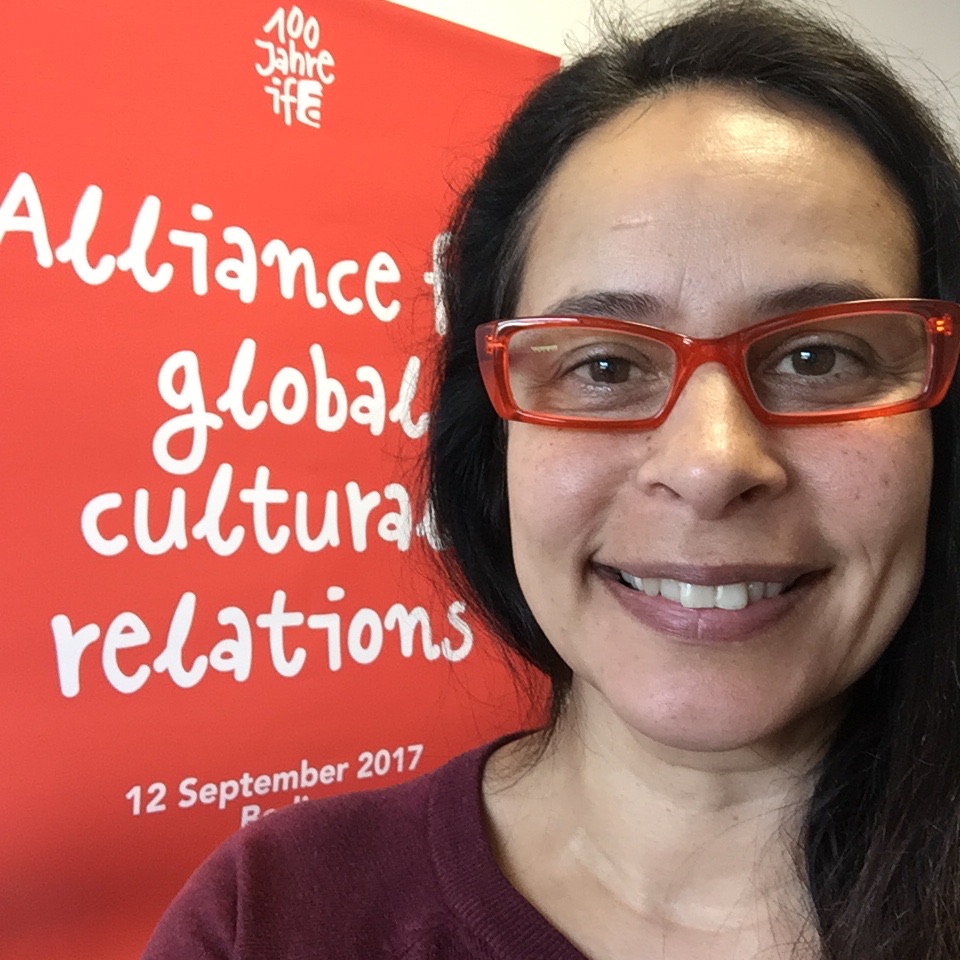
What are some of the things you have done that you are most proud of?
My teaching at Goldsmiths. I am super proud of my students, all of them, past, present and future! We share learning journeys together and they go on to do amazing things – I like to think I contribute a little bit to that with my research and practice informed teaching. They have been very kind to me by teaching me a lot and recognising my efforts: in 2018 I was awarded the Goldsmiths Student-Led Award for Challenging and Inspiring Teaching.
Any regrets, things you wish you had done differently?
Hindsight is a great thing! I tend to be fairly happy with my choices, or at least, I don’t tend to agonise much about the past. We learn all the time and should use that to improve our decisions. That is what I try to do.
Any hobbies or leisurely pursuits you’d like to share with us?
I love to go for walks, both in nature and in the urban environment. When I am in Portugal, I go for long walks on the beach, my favourite time is the end of the day: the beach is fairly empty, I watch the fishermen return with their catch, the frenzy of the seagulls, and the most amazing sunsets. In the UK, I love the countryside, and even in London, the parks are so big that you can feel like you are not in the city.
Please recommend a book you read recently, and what was in it you found interesting?
I have recently read “The Reinvention of Humanity: How a Circle of Renegade Anthropologists Remade Race, Sex and Gender” by Charles King. It looks at how ways of making sense of the diverse cultures of the world have changed since the beginnings of formal anthropology. It focuses on Franz Boas’ circle, as they challenged the notion of linear progress from ‘primitive’ to advanced societies, in the early twentieth century. I found the book particularly interesting because it highlights the contributions of four female scholars: Margaret Mead, Ruth Benedict, Ella Deloria and Zora Neale Hurston. They were all outsiders, in one way or the other, to the mainstream of American society.
Dr Carla Figueira is the Director of the MA Cultural Policy, Relations and Diplomacy and the MA Tourism and Cultural Policy at the Institute for Creative and Cultural Entrepreneurship, Goldsmiths, University of London.
Carla studied International Relations and started her professional career as an arts administrator in the Department of Culture of the City of Lisbon, her hometown. There she worked in operational and strategic management of different cultural facilities, such as the Municipal Video and Sound Libraries. After almost 10 years of working in the arts in Portugal, she went to the UK with a Chevening Scholarship to complete an MA in Arts Management at City University. Working in consultancy and the pursuit of a funded doctoral degree eventually led to her academic position at Goldsmiths, University of London.
Similar content
deadline
22 Mar 2021
from - to
28 May 2021 - 28 May 2021
deadline
01 Nov 2018

